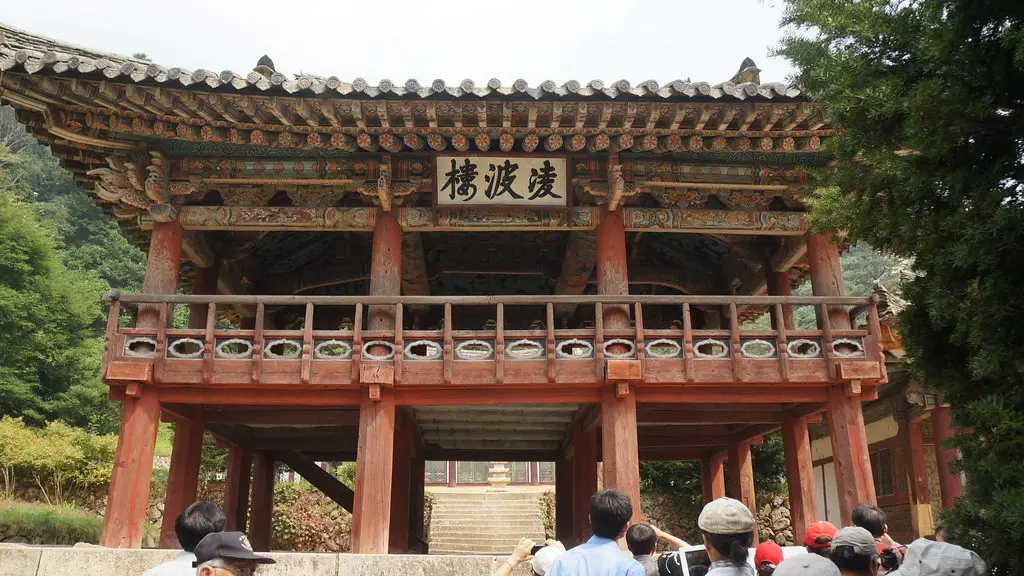Background Information
North Korea, officially the Democratic People’s Republic of Korea (DPRK), is an authoritarian state in East Asia. Its current leader, Kim Jong Un, is a firm believer of the Juche Ideology, an ideology that is based on self-reliance and is hostile towards any foreign ideas. North Korea has been under the rule of the Kim family since the mid twentieth century. This is an era marked by oppressive measures and the supremacy of a centralized government. It is largely accepted that religious freedom is not allowed in North Korea, and the government has enforced laws that forbid religious groups or institutions from having any influence in the country. Though the exact number of religious practitioners is unknown, estimates suggest that 10-15 percent of the population is Christian.
Persecution of Christians
Christians in North Korea face persecution that ranges from subtle discrimination to outright violence. This can range from treating Christians with suspicion to actively trying to root out Christianity from the country. For example, the government actively works to control what its citizens read or watch online, and any devotional or religious material is deemed illegal. Anybody found with such material is subject to arrest and punishment. There have also been reports of serious persecution such as forced labor camps, torture, and even execution for Christians.
Causes
The main cause of this persecution is North Korea’s attempt to eradicate all foreign influences from the state. This has led to a ruling party that is aggressively opposed to any foreign ideas, including religion. North Korea is also known for its widespread censorship and oppressive measures, including monitoring phone and internet use. This is done to prevent any foreign ideas from entering the state, and Christians are specifically targeted as practitioners of a foreign religion.
Reactions
The international community has reacted to this with a range of actions. The United Nations has taken steps to address the situation through its Universal Periodic Review and various United Nations resolutions. It has also passed resolutions on the elimination of religious discrimination. The United States and other countries have sanctioned North Korea and imposed economic penalties in order to pressure the government to change its policies.
International Support
Despite the international condemnation and economic sanctions, North Korea continues to persecute its Christian citizens. To help protect them, many organizations provide aid, including Open Doors and Voice of the Martyrs. These organizations provide support to imprisoned Christians, as well as advocacy for their release. They also offer emotional, physical, and spiritual support to those who have been persecuted, both inside and outside of North Korea.
Gender Considerations
When considering the persecution of Christians in North Korea, it is important to note that women and girls are more vulnerable to religious persecution. This is due to the fact that North Korean society is largely male-dominated and women are not afforded the same protections as men. Women who practice Christianity face higher levels of discrimination, with some being subjected to physical abuse, arrest, and even execution.
Livelihoods
The persecution of Christians in North Korea has had a major impact on their livelihoods. Many have had to abandon their professions due to their faith, and are limited to taking up menial jobs. Furthermore, practicing Christians have not been allowed to pursue higher education and are restricted to lower paying jobs. This has made it difficult for Christians in North Korea to make ends meet and survive on a basic level.
Communication
Due to the lack of open communication in North Korea, it is difficult to assess the full impact of the persecution of Christians. It is believed that thousands of Christians have fled the country in recent years, although the exact number is unknown. Furthermore, it is difficult for international organizations to get accurate information about the plight of Christians in North Korea due to the government’s tight control over communication both within and outside of the country.
International Travel Laws
Due to the persecution of Christians in North Korea, many countries have enacted travel restrictions for North Koreans. This includes the United States, which has implemented a strict policy of denying entry to citizens of North Korea. Other countries such as Canada and Australia have also implemented restrictions on North Koreans entering their countries. These travel laws have made it even more difficult for persecuted Christians in the country to seek refuge in other countries.
Public Attention
Though the persecution of Christians in North Korea has been going on for decades, it has only recently gained attention in the international community. This is largely due to the increased focus on human rights violations in the country. Furthermore, the increased use of social media has enabled people to spread awareness of the issue, which in turn has increased public attention.
International Diplomacy
Despite the international condemnation, North Korea has not budged in its policies on religious freedom and continues to persecute Christians. To put pressure on the government, some countries have adopted a policy of having diplomats make visits to the country. The US and other countries have also used sanctions and international pressure to try and push North Korea towards respecting religious freedom.
Conclusion
The persecution of Christians in North Korea is a worrying issue that needs to be addressed. The lack of religious freedom in the country has caused great suffering for many, especially women and girls. Currently, the international community is attempting to put pressure on North Korea to change its oppressive policies using diplomatic means. However, there is still a long way to go before religious freedom is achieved in the nation.



